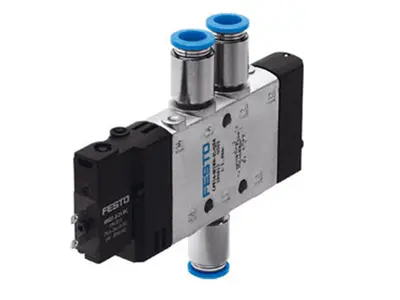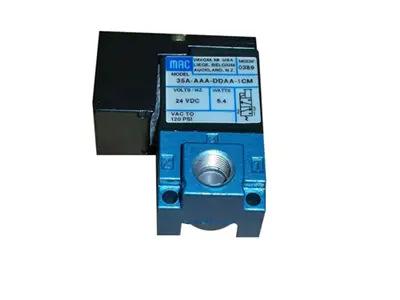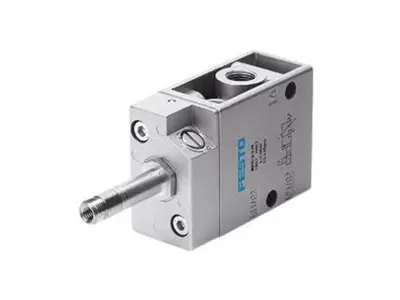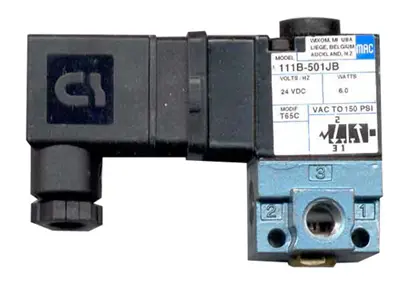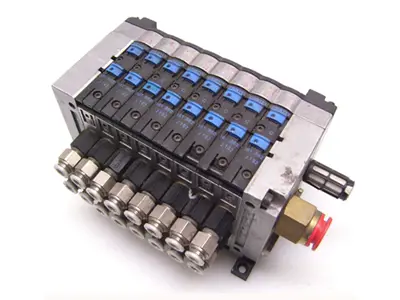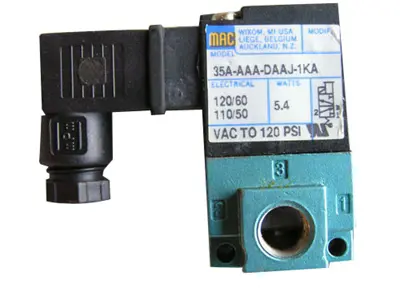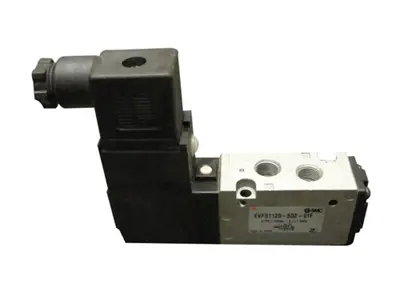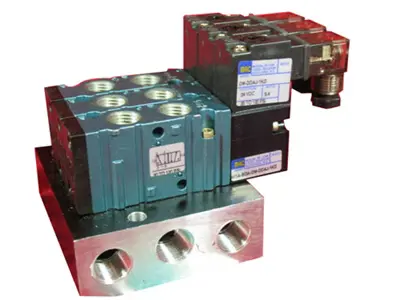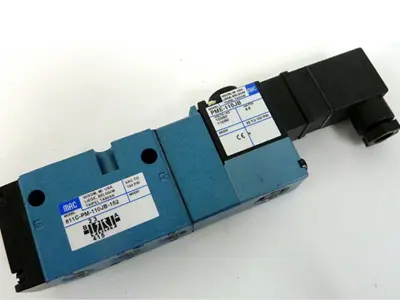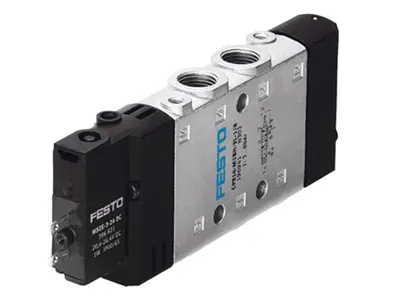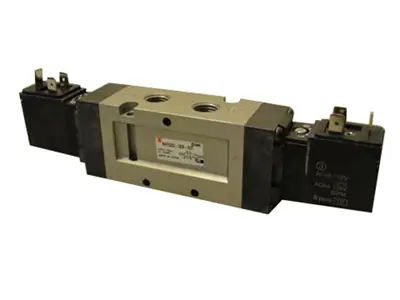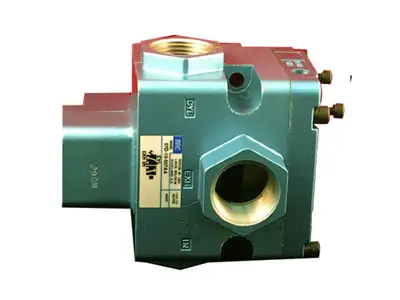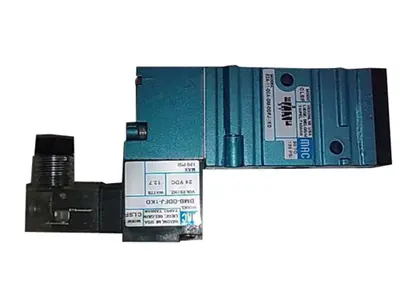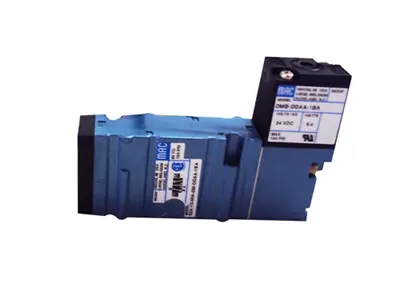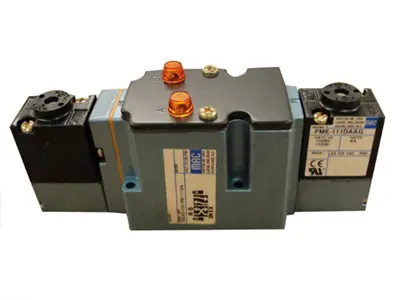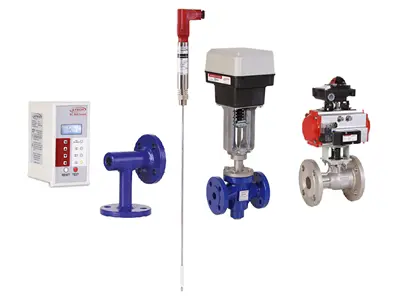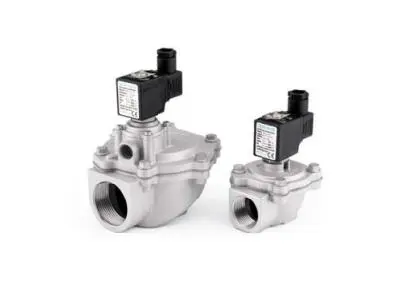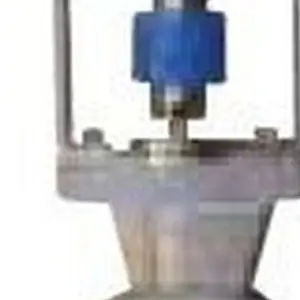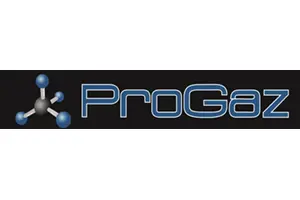What Are Fluid Control Systems?
Fluid control systems are systems used to regulate, control, or direct the flow of fluids (liquids or gases). These systems are widely used in various industrial applications, energy production, water treatment plants, aviation, automotive industry, and many other fields. Fluid control systems generally consist of several basic components:
Fluid Sources: Sources providing fluids, which are typically devices such as pumps or compressors. These sources move the fluids and provide the pressure or flow levels in the system.
Pipes and Channels: Pipes or channels used for fluid transportation form the flow paths. These components enable the fluid to progress in the desired direction and speed.
Valves and Control Elements: Valves and similar control elements are used to control the flow of the fluid. These elements perform operations like completely stopping, reducing, or redirecting the flow.
Measurement Devices: Fluid control systems generally include various sensors and measurement devices to measure parameters such as flow rate, pressure, temperature, and flow. This data is used to monitor, control, and optimize the operation of the system.
Control System: Fluid control systems have a central control system or control algorithm. This control system manages valves and other control elements based on the measured data. Measurements are analyzed by the control system and adjustments are made if necessary.
Fluid control systems offer many advantages such as providing the desired fluid properties, increasing energy efficiency, preventing leaks, optimizing fluid distribution, and ensuring safety. When combined with automated systems, they can provide continuous and precise control without human intervention.
Types of Fluid Control Systems
Fluid control systems can be classified in various ways. Here are some common types of fluid control systems:
Simple Control Systems: Simple control systems are designed to control the flow of fluid using typically a single valve or control element. These systems can be used to maintain the pressure or flow of the fluid at a specific value or to change within a certain range.
Feedback Control Systems: Feedback control systems continuously monitor fluid parameters with a measurement device and adjust control elements through feedback. These systems can automatically make corrections to reach target values or adapt to changing operating conditions.
Feedforward Control Systems: Feedforward control systems predict fluid control by anticipating expected future operating conditions. These systems make forward predictions to optimize fluid control using predetermined models or mathematical equations.
Distributed Control Systems: Distributed control systems are large-scale fluid control systems that involve multiple control points or nodes. These systems use network-based communication technologies to provide communication and coordination among many components. Distributed control systems are often used in large industrial facilities and are ideal for managing complex fluid processes.
Adaptive Control Systems: Adaptive control systems are systems that automatically adjust themselves to adapt to variable operating conditions. These systems provide stable control by quickly responding to environmental changes or fluctuations in fluid properties.
Advanced Control Systems: Advanced control systems aim to optimize fluid control using more complex mathematical models, optimization algorithms, and artificial intelligence techniques. These systems generally use advanced control strategies to achieve higher performance, energy efficiency, and operational efficiency.
Areas of Application for Fluid Control Systems
Fluid control systems are widely used in many different industries and applications. Here are some examples:
Energy Production: Fluid control systems are used in energy production facilities such as power plants, oil refineries, nuclear power plants, and renewable energy facilities. These systems ensure that fluids are maintained at correct pressure, temperature, and flow levels and optimize energy production processes.
Chemical and Petrochemical Industry: Fluid control systems are crucial in facilities such as chemical plants, petrochemical facilities, oil drilling platforms, and refineries. These systems control chemical reactions and processes, manage the proper mixing and processing of fluids.Water and Wastewater Treatment: Fluid control systems are used in water treatment plants, wastewater treatment plants, and water distribution systems. These systems ensure water is distributed at the correct pressure, flow, and quality, optimize treatment processes, and regulate wastewater disposal.
Aviation and Aerospace Industry: Fluid control systems in aircraft, rockets, and other air and space vehicles are used for fuel management, flight control, and optimizing engine performance. These systems perform critical functions such as providing aerodynamic stability and optimizing fuel consumption.
Automotive Industry: Fluid control systems in the automotive sector are used in various areas such as engine cooling, fuel injection, brake systems, and air conditioning systems. These systems play an important role in improving vehicle performance, enhancing fuel efficiency, and reducing emissions.
Food and Beverage Industry: Fluid control systems are used in facilities such as food processing plants, beverage production facilities, and packaging lines. These systems ensure foods are processed, mixed, and packaged at the correct temperature, automate production processes, and improve quality control.
Prices of Fluid Control Systems
Prices of fluid control systems vary depending on several factors. These factors include system characteristics, quality of components, scale, complexity, application area, and services provided by the supplier. Prices can also be affected by factors such as geographical location, market demand, and seasonal fluctuations.
The cost of components comprising a fluid control system can vary. For example, prices of pumps, valves, sensors, control devices, and other components vary depending on brand, model, and technical specifications. Additionally, services such as assembly, installation, maintenance, training, and after-sales support can be part of the cost.
Fluid control systems are often customizable and can be designed according to customer requirements. This is a factor that affects prices. Complex and large-scale projects can lead to higher costs, while smaller and standard systems may be offered at more affordable prices.
Project-based approach is generally used for fluid control system pricing. Therefore, predefined price lists are usually not available. If you are considering purchasing a fluid control system, it is important to determine your needs and expectations, communicate with a range of potential suppliers, and request quotes. This will provide you with a more precise pricing and help you find a solution that fits your budget.
Quality, reliability, and performance in fluid control systems are important factors that influence the price. Rather than opting for a cheap system, it is important to seek a solution that meets your needs and is cost-effective in the long run. You can find companies that manufacture and sell all kinds of fluid control systems and offer authorized post-sales service guarantees through our platform.



